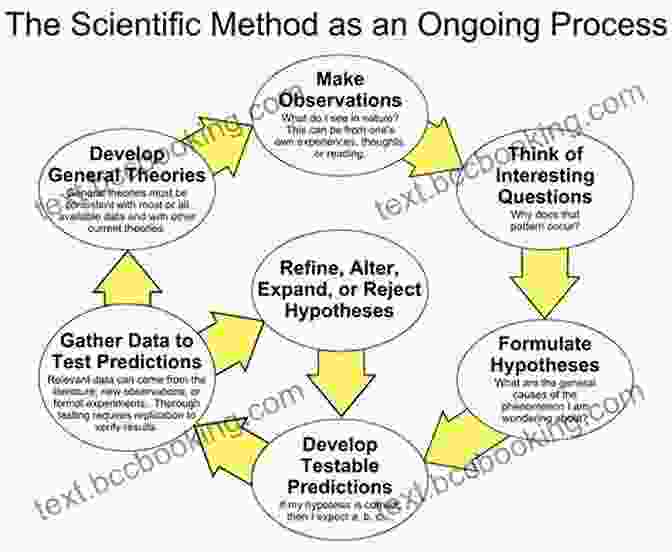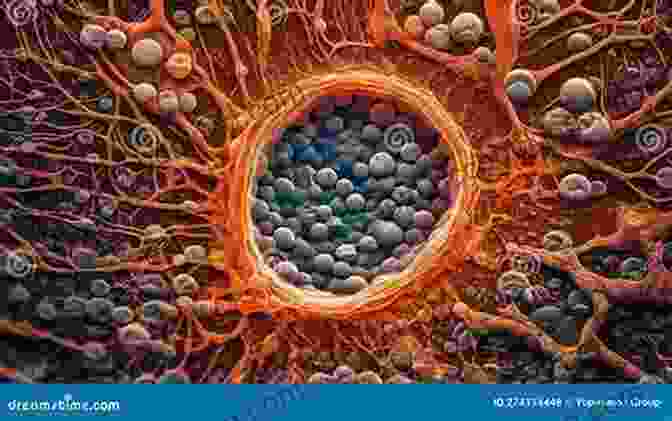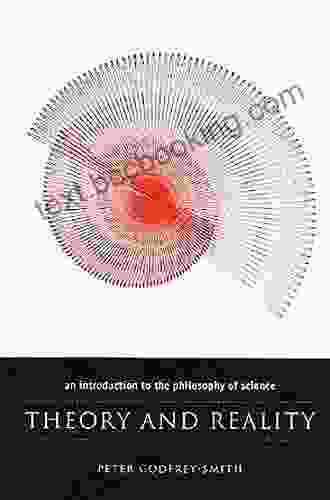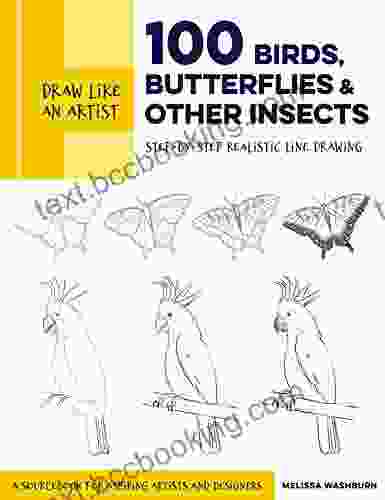: The Quest for Understanding
Throughout human history, the pursuit of knowledge has been an unrelenting quest that drives us forward. Science has emerged as one of the most powerful tools in this pursuit, providing us with a systematic and rigorous method for understanding the world around us. Yet, beneath the surface of scientific discoveries lie a complex set of philosophical questions that challenge our assumptions and explore the foundations of scientific inquiry.
4.4 out of 5
| Language | : | English |
| File size | : | 2704 KB |
| Text-to-Speech | : | Enabled |
| Screen Reader | : | Supported |
| Enhanced typesetting | : | Enabled |
| Word Wise | : | Enabled |
| Print length | : | 288 pages |
| Lending | : | Enabled |
Chapter 1: The Nature of Science
In this opening chapter, we delve into the fundamental nature of science. We explore the key characteristics that distinguish science from other forms of knowledge, such as its reliance on empirical evidence, its commitment to objectivity, and its capacity for self-correction. We also examine different theories of scientific explanation, including deductive-nomological and causal models.

Chapter 2: The Structure of Scientific Theories
Scientific theories are central to the scientific enterprise, providing frameworks for organizing and explaining phenomena. In this chapter, we examine the structure of scientific theories, including their components (such as laws, hypotheses, and postulates) and their hierarchical organization. We also explore the criteria used to evaluate theories, such as their empirical adequacy, predictive power, and explanatory depth.

Chapter 3: The Role of Evidence
Evidence is the lifeblood of science, providing the empirical basis for scientific claims. In this chapter, we explore the different types of evidence used in science, including observational data, experimental results, and statistical inferences. We also examine the role of evidence in scientific reasoning, including how it is used to test hypotheses, confirm theories, and refute competing claims.

Chapter 4: Scientific Methodologies
Science employs a variety of methodologies to conduct research and gather evidence. In this chapter, we examine the most common scientific methodologies, including experimentation, observation, modeling, and simulation. We also explore the strengths and limitations of each methodology and discuss the factors that influence the choice of methodology in different scientific contexts.

Chapter 5: Science and Society
Science does not exist in a vacuum; it is deeply intertwined with society. In this concluding chapter, we explore the complex relationship between science and society. We examine how social, political, and economic factors can influence scientific research, and how science, in turn, can shape our culture and understanding of the world. We also discuss the ethical implications of scientific advancements and the responsibilities scientists have to society.

: A Journey into the Foundations of Science
An to the Philosophy of Science: Science and Its Conceptual Foundations is a comprehensive guide that immerses you in the fascinating world of philosophy of science. Whether you are a student, researcher, or simply someone with an inquisitive mind, this book will provide you with a deep understanding of the conceptual foundations that underpin scientific inquiry. As you journey through its pages, you will gain a profound appreciation for the complexities and power of science, and its profound impact on human knowledge and progress.
Free Download your copy today and embark on a transformative journey into the realm of scientific thought!


























































































